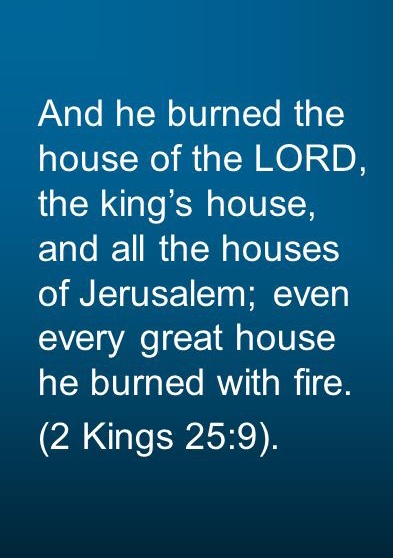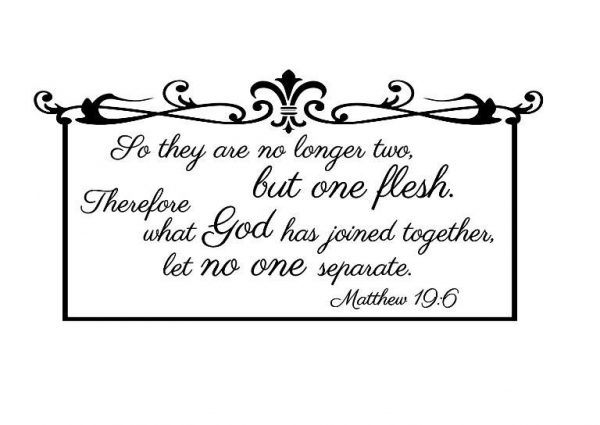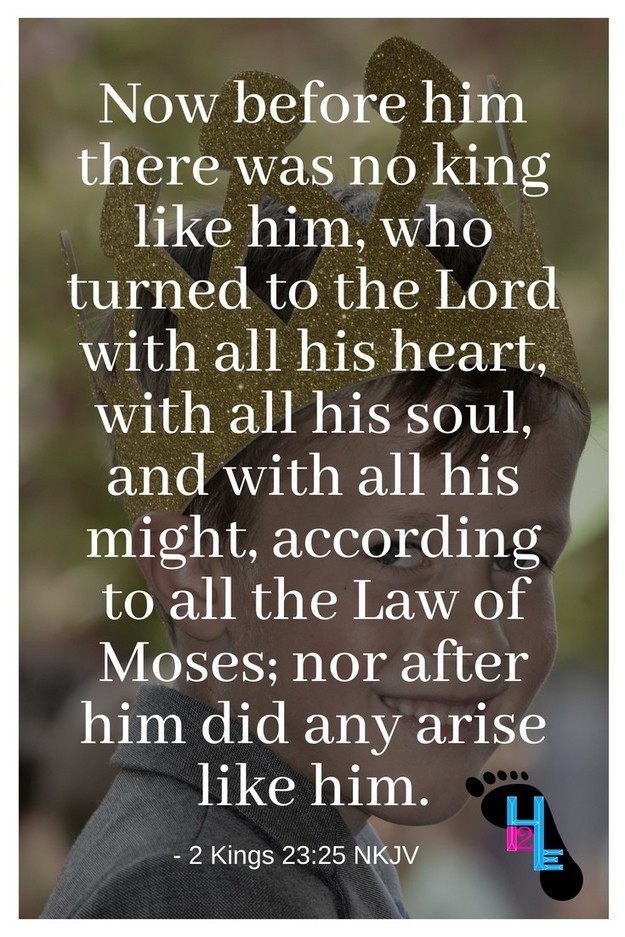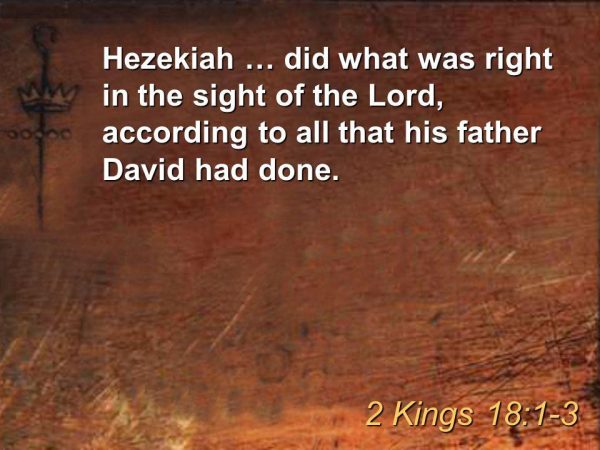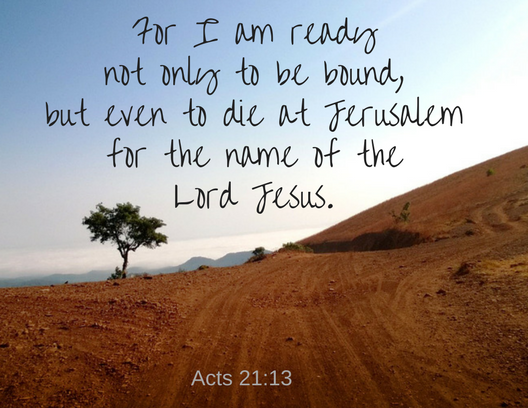Paul had to defend himself and speak to King Agrippa and the leader Festus. The Jewish people were angry with him because he boldly spoke of Jesus.

Acts 26:
1Then Agrippa said to Paul, “You may speak in your defense.”
So Paul, gesturing with his hand, started his defense: 2 “I am fortunate, King Agrippa, that you are the one hearing my defense today against all these accusations made by the Jewish leaders, 3 for I know you are an expert on all Jewish customs and controversies. Now please listen to me patiently!
4 “As the Jewish leaders are well aware, I was given a thorough Jewish training from my earliest childhood among my own people and in Jerusalem. 5 If they would admit it, they know that I have been a member of the Pharisees, the strictest sect of our religion. 6 Now I am on trial because of my hope in the fulfillment of God’s promise made to our ancestors. 7 In fact, that is why the twelve tribes of Israel zealously worship God night and day, and they share the same hope I have. Yet, Your Majesty, they accuse me for having this hope! 8 Why does it seem incredible to any of you that God can raise the dead?
9 “I used to believe that I ought to do everything I could to oppose the very name of Jesus the Nazarene. 10 Indeed, I did just that in Jerusalem. Authorized by the leading priests, I caused many believers there to be sent to prison. And I cast my vote against them when they were condemned to death. 11 Many times I had them punished in the synagogues to get them to curse Jesus. I was so violently opposed to them that I even chased them down in foreign cities.
12 “One day I was on such a mission to Damascus, armed with the authority and commission of the leading priests. 13 About noon, Your Majesty, as I was on the road, a light from heaven brighter than the sun shone down on me and my companions. 14 We all fell down, and I heard a voice saying to me in Aramaic, ‘Saul, Saul, why are you persecuting me? It is useless for you to fight against my will.’
15 “‘Who are you, lord?’ I asked.
“And the Lord replied, ‘I am Jesus, the one you are persecuting. 16 Now get to your feet! For I have appeared to you to appoint you as my servant and witness. Tell people that you have seen me, and tell them what I will show you in the future. 17 And I will rescue you from both your own people and the Gentiles. Yes, I am sending you to the Gentiles 18 to open their eyes, so they may turn from darkness to light and from the power of Satan to God. Then they will receive forgiveness for their sins and be given a place among God’s people, who are set apart by faith in me.’
19 “And so, King Agrippa, I obeyed that vision from heaven. 20 I preached first to those in Damascus, then in Jerusalem and throughout all Judea, and also to the Gentiles, that all must repent of their sins and turn to God—and prove they have changed by the good things they do. 21 Some Jews arrested me in the Temple for preaching this, and they tried to kill me. 22 But God has protected me right up to this present time so I can testify to everyone, from the least to the greatest. I teach nothing except what the prophets and Moses said would happen— 23 that the Messiah would suffer and be the first to rise from the dead, and in this way announce God’s light to Jews and Gentiles alike.”
24 Suddenly, Festus shouted, “Paul, you are insane. Too much study has made you crazy!”
25 But Paul replied, “I am not insane, Most Excellent Festus. What I am saying is the sober truth. 26 And King Agrippa knows about these things. I speak boldly, for I am sure these events are all familiar to him, for they were not done in a corner! 27 King Agrippa, do you believe the prophets? I know you do—”
28 Agrippa interrupted him. “Do you think you can persuade me to become a Christian so quickly?”
29 Paul replied, “Whether quickly or not, I pray to God that both you and everyone here in this audience might become the same as I am, except for these chains.”
30 Then the king, the governor, Bernice, and all the others stood and left. 31 As they went out, they talked it over and agreed, “This man hasn’t done anything to deserve death or imprisonment.”
32 And Agrippa said to Festus, “He could have been set free if he hadn’t appealed to Caesar.”





